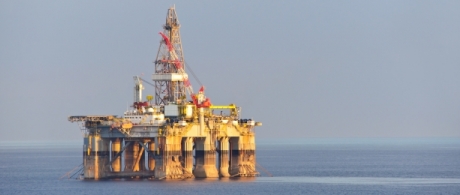I don’t often get to read the entire transcript of debates in the House of Lords, but the other day I found myself mesmerised by the one on the EU referendum that was initiated last Friday by the thriller writer Michael Dobbs. I came to the juddering climax of the text, and put it down breathless and stunned – staring pop-eyed at the window as I grasped a new geopolitical reality. It is quite obvious that Labour is not going to give the public a vote on Europe. Miliband has plainly made up what passes for his mind.
Photo: EPA
The last doubt was removed in the course of the proceedings. Speaker after speaker stood up from the Labour side to protest at the very concept of this embarrassingly direct democracy. One by one their Labour lordships reminded each other of the wise words of Clement Attlee, that referendums were the devices of despots and dictators – and why? Because there was always the risk, don’t you know, that the poor benighted public would say or do the wrong thing.



